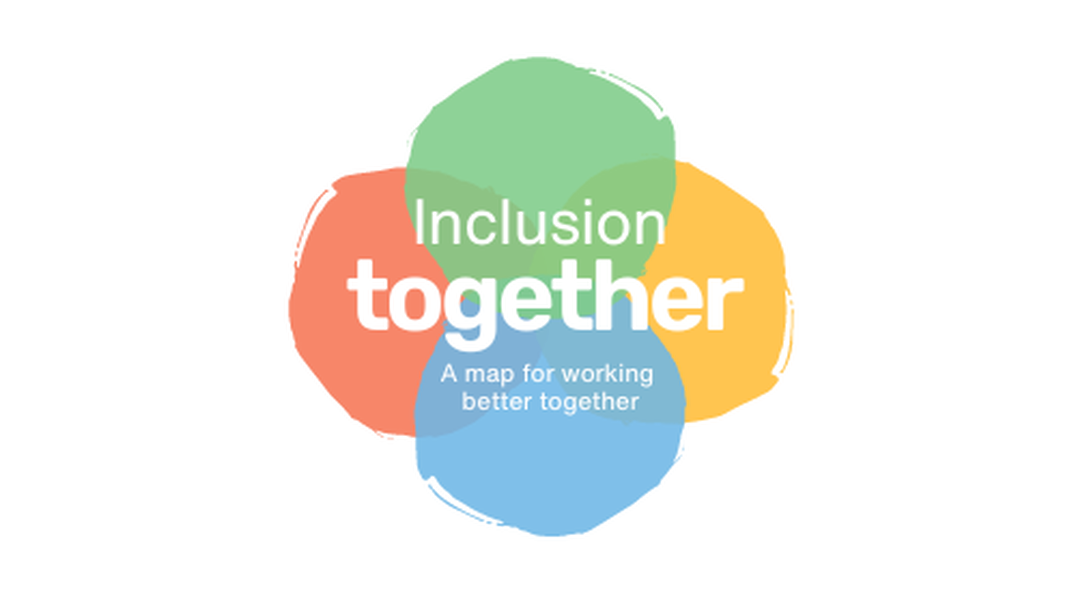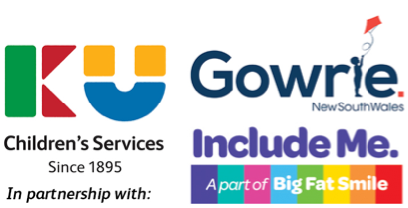
What do we mean by Embedded Inclusive Practice?
1 November 2019Embedded practice is everyday practice, used consistently by all educators all of the time and not just a one-off strategy or exercise. To successfully embed inclusive practice, collaborative critical reflection is essential, and the practice needs to be clearly articulated in the service’s philosophy, policies and communications. At times new strategies or approaches may be introduced by a service in response to the needs of particular children, or a need identified in response to their community. Over time, these strategies and teaching approaches continue and move into daily practice as educators see the positive outcomes for all children.
An example of embedded practice from Abbotsleigh Early Learning Centre, Wahroonga
Our service has woven Aboriginal perspectives into our everyday practices in many ways.
We begin every day by gathering and saying an Acknowledgment of Country and paying respect to the local Darug and Guringai communities. We meet in our Yarning circle garden most mornings and use this space throughout the day as a reflective quiet place, where we say ‘thank you’ to the earth as well as acknowledge the Traditional Land Owners. Part of our morning ritual involves all the children singing the song ‘Our Special Land’ by Aunty Wendy. Throughout the day, questions and comments from children spark conversations about the Traditional Owners of the land. We regularly prepare bush tucker recipes together. We have a connection with a local Darug man who regularly visits the service, spending time with the educators and children, sharing knowledge through stories, art experiences and music. We are also at the beginning stage of developing a relationship with Indi Kindi, a service located in the remote Aboriginal community of Borroloola in the Northern Territory and look forward to the impact this will have on our practice
Provocation:
How do you know when a practice is truly embedded?
- Are all educators in the team confident with using this practice?
- Is this practice happening often across routines and care environments?
- Is it benefitting all children, not just one or two?
- How do children feel about this practice? How meaningful is this practice to all children?
- Are children involved in the reflective planning cycle and decision-making?
- Does this practice support belonging and promote all children as capable and competent?
- Is it applied across intentional and incidental, spontaneous teaching?

The Australian Government funded NSW/ACT Inclusion Agency is managed by KU Children’s Services, in partnership with Include Me and Gowrie NSW.